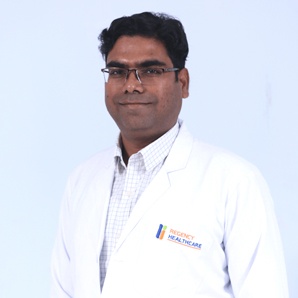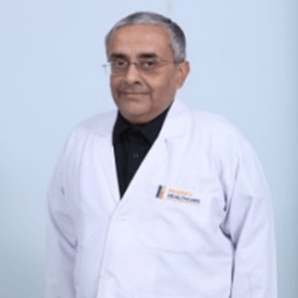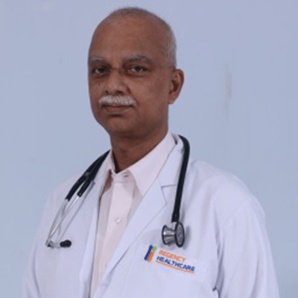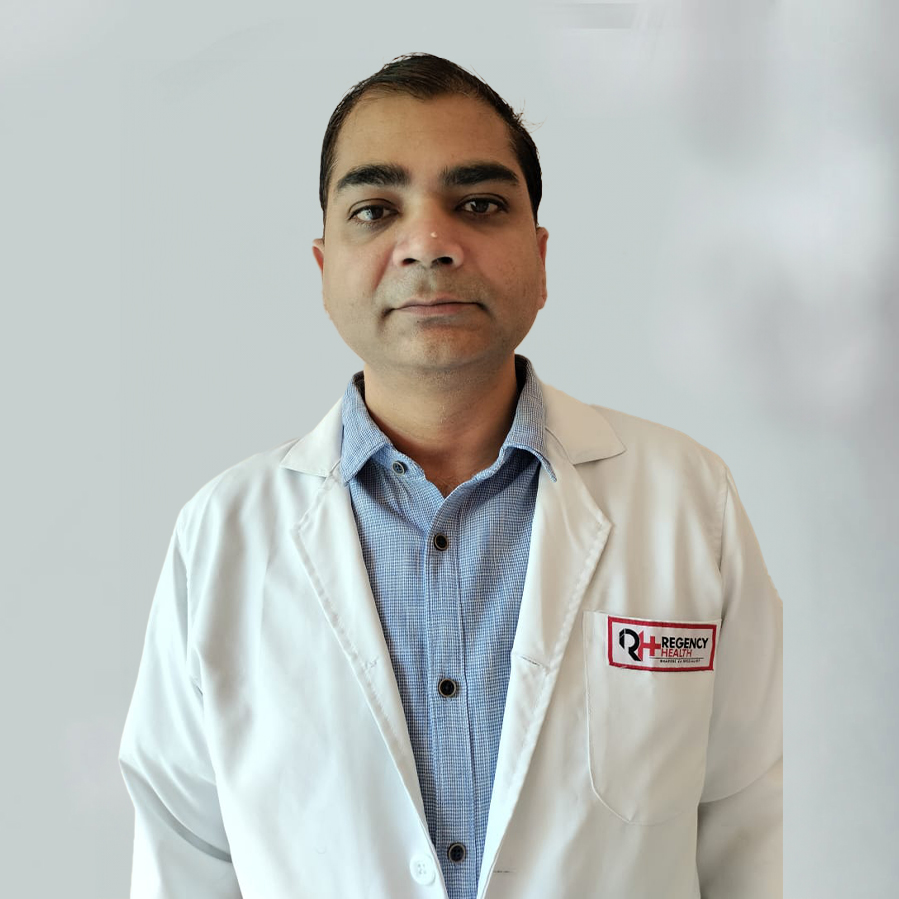Neurology
facilities available under one roof, round-the- clock.
Our Top Ranked Team Of Experts
Dr. A.A. Hashmi
Dr. Nirmal Pandey

Dr. Ashwini Kumar Uttam
Dr. Sumit Kumar
Numbers of Excellence
Committed Staff
Trusted Patients
Years of experience
Beds
Super Specialists
Patient Testimonials
Frequently Asked Questions

- What does a neurologist treat?
- What are some of the warning signs indicating you should see a neurologist?
- What are the most common neurological disorders?
- Can dizziness be a sign of something serious?
- Do I need to see a neurologist about my headaches?
- How do I know if my headache is a migraine?
A neurologist and neurosurgeon both treat patients with neurological disorders that impact the brain, spinal cord, nerves, and their surrounding and supporting structures. These structures include the skull, spine, blood vessels, membranes that surround the brain and spinal cord, and membranes lining the skull and vertebral canal.
Knowing when it’s time to see a neurologist means looking for some key indicators, which is why it’s important to seek medical advice early on. If you experience any of these symptoms, consult a neurologist:
- Persistent sleep problems
- Memory loss
- Dizziness
- Persistent headaches/Migraine
- Chronic pain/numbness
- Stroke
- Seizures
- Tremors
- Speech changes
Some of the most common neurological disorders are:
- Dementia
- Alzheimer’s
- Parkinson’s disease
- Epilepsy
- Stroke
- Migraine
Feeling a bit lightheaded is a normal sensation that many people experience every now and then, but living with recurrent bouts of dizziness is anything but routine. There are several types of dizziness, any of which can be symptomatic of a benign problem or something more serious. Do not take dizziness lightly, immediately visit a neurology specialist near you.
While there are many simple reasons for a headache, such as stress or eye strain, if something is wrong it could be life-changing or life-threatening. When in doubt, consult a neurology specialist. It’s better to check your persistent symptoms than to let them go too long and develop into a larger problem. If your headaches cause pain in other areas or if the pain is on only one side of the head, you may need to see a neurologist.
During a headache, you will pressure and aches around common areas including the forehead, temples, and back of the neck. They can last anywhere from a half-hour to several days, with the most common type being a tension headache, triggered by stress, muscle strain, and anxiety. However, during a migraine, the headache is more intense with other symptoms present such as nausea/vomiting, pain behind the ear/eye, blurred vision/temporary vision loss, sensitivity to light and sound, etc.
Book Your Visit

 Call-an-Ambulance
Call-an-Ambulance






